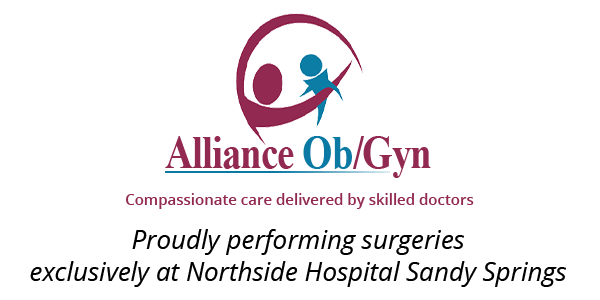
Pregnancy After 35: Risks, Tests, and Precautions
Becoming a mother is a joyous and life-changing experience, and many women today are choosing to start their families later in life. Pregnancy after the age of 35, often referred to as advanced maternal age, comes with its own set of considerations. At Alliance OB/GYN, we are committed to providing the support and care you need for a healthy pregnancy, no matter your age. This guide will help you understand the risks, recommended tests, and necessary precautions for a safe and healthy pregnancy after 35.
Understanding the Risks
While many women over 35 have healthy pregnancies, it’s important to be aware of certain risks that can be more prevalent in this age group:
- Increased Risk of Chromosomal Abnormalities: The risk of chromosomal abnormalities, such as Down syndrome, increases with maternal age.
- Higher Incidence of Pregnancy Complications: Women over 35 are at a higher risk for pregnancy complications such as gestational diabetes, preeclampsia, and placenta previa.
- Preterm Birth and Low Birth Weight: There is a slightly higher chance of preterm birth and babies with low birth weight in pregnancies after 35.
- Miscarriage: The risk of miscarriage is higher in older women, partly due to an increase in chromosomal abnormalities.
Recommended Tests and Screenings
To ensure both your health and the health of your baby, your healthcare provider will recommend certain tests and screenings during your pregnancy:
- Preconception Check-Up: If possible, schedule a preconception check-up to discuss your health and any risks with your healthcare provider.
- First Trimester Screening: This includes blood tests and an ultrasound to assess the risk of chromosomal abnormalities.
- Non-Invasive Prenatal Testing (NIPT): A blood test that can detect certain genetic conditions as early as 10 weeks into the pregnancy.
- Chorionic Villus Sampling (CVS) and Amniocentesis: These diagnostic tests can definitively identify chromosomal abnormalities and other genetic disorders. CVS is typically done between 10-13 weeks, and amniocentesis between 15-20 weeks.
- Glucose Screening: Conducted between 24 and 28 weeks to check for gestational diabetes.
- Regular Ultrasounds: To monitor the baby’s growth and development, and check for any anomalies.
Precautions for a Healthy Pregnancy
Taking proactive steps can help you manage risks and ensure a healthy pregnancy:
- Healthy Lifestyle: Maintain a balanced diet rich in essential nutrients, engage in regular moderate exercise, and avoid smoking and alcohol.
- Prenatal Vitamins: Take prenatal vitamins as recommended by your healthcare provider, including folic acid, which is crucial for preventing neural tube defects.
- Regular Prenatal Visits: Keep all prenatal appointments to monitor your health and the baby’s development closely.
- Manage Chronic Conditions: If you have existing health conditions such as hypertension or diabetes, work closely with your healthcare provider to manage them effectively.
- Stress Management: Practice stress-reducing techniques such as yoga, meditation, and deep-breathing exercises to maintain emotional well-being.
Emotional and Psychological Support
Pregnancy after 35 can bring about a range of emotions. It’s essential to take care of your mental health as well:
- Support Groups: Join support groups for expectant mothers of advanced maternal age to share experiences and gain support.
- Counseling: Consider speaking with a counselor or therapist if you feel overwhelmed or anxious.
- Partner Support: Maintain open communication with your partner and involve them in prenatal appointments and preparations.
Pregnancy after 35 is increasingly common and can be a healthy and fulfilling experience with the right care and precautions. At Alliance OB/GYN, we are dedicated to providing personalized care to ensure the best possible outcomes for you and your baby. If you have any questions or need to schedule a consultation, please contact us https://allianceobgyn.com/contact-us/. We are here to support you on your journey to motherhood.



